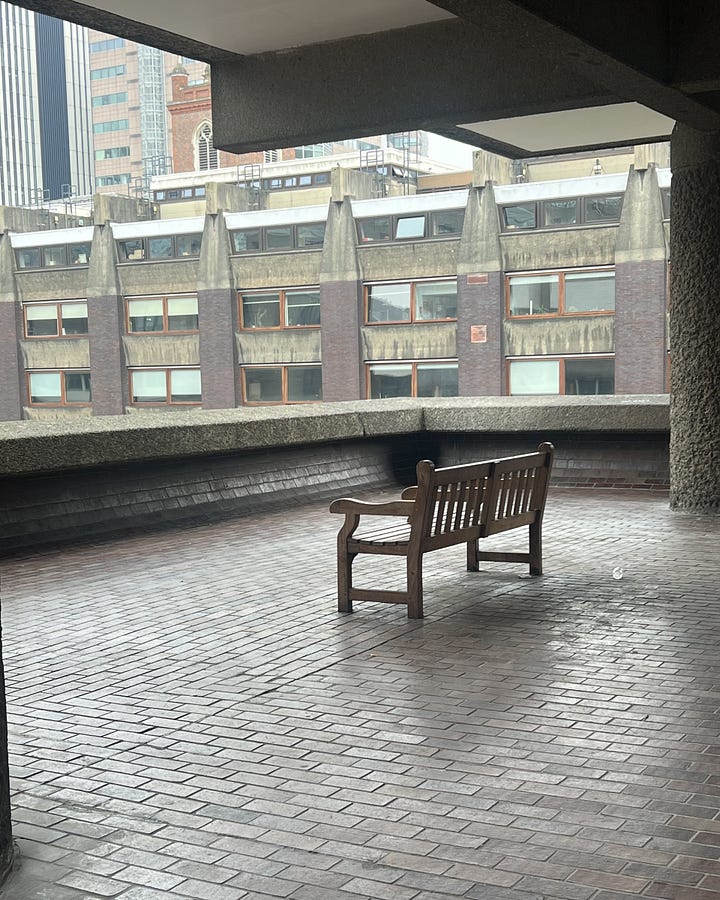I think one of the hardest decisions one ever has to make in life is knowing when to quit. I emphasize on the “when,” as opposed to the other questions that probe this act, like “why” or “how” to quit. Because I think when to quit is an extremely delicate yet loaded area that one is left to navigate.
Every so often, like everyone else, I find myself in these situations or moments wherein I no longer want to or feel like doing something I had committed myself to. And naturally, I’m faced with a decision: do I want to quit? Give up, say no, change my mind?
Some of these decisions are easier, because they’re either driven so forcefully by intuition that they require almost no thought—the answer is clear, right in front of you, and the alternative seems unimaginable—or you have external factors that makes you think that the decision is being made for you because you don’t really have a choice.
There’s a second type, however, which differs greatly from the ease and comfort of instinct or passing the responsibility on other forces. And that is the more painful battle where the two options appear equidistant from where one is standing. I don’t know if anyone else experiences this, but in such moments, my mind sways violently and rapidly between the two (or more) possibilities wherein I can easily envision myself doing either.
Decision-making itself is a big topic, but I focus on quitting, because it presents a much more specific dilemma—one that treads the line between two dangerously opposing territories: commitment to consistency and commitment to intentionality. On one hand, there is the responsibility one feels (or imposes upon oneself) to maintain consistency. Sometimes, we don’t want to do certain things, but we do them anyway because that’s how we build discipline. I think a lot of people mistake consistency for its inverse, assuming that people are consistent at something simply because they enjoy it and have never experienced friction. But consistency is not born purely out of love or passion; it is shaped by discipline and grit, resources that are not always readily available.
While it may now seem like I am making a case against quitting—or at least advocating for perseverance despite difficulties or lack of desire—I am also very much pro-quitting. Recently, I’ve been putting this untrained muscle into practice by quitting books I started but didn’t enjoy. Many people talk about the beauty and importance of normalizing quitting books midway through, arguing that our time on earth is too precious to waste on something we don’t like.
However, I have to admit that it’s not going as well I had imagined either. I thought it was going to be this big liberating feeling, feeling the power and relief simultaneously that I no longer need to continue doing something I don’t like, and I can finally stop. The flip side, though, is that I’ve quit so many books since making this decision a couple of months ago that I now wonder if I’ll ever finish one again. The thought of finishing something feels harder—and even less important—now that I’ve incorporated quitting into my daily life.
It needs to be said, though, that quitting has a certain charisma to it. A person who dares to quit is either admired or feared. Yes, there may be an element of shame attached to it—like you have failed at something, broken a promise to yourself, and could not deliver. But at the same time, being able to quit suggests a certain detachment, a lack of the concern or pressure that others feel when holding themselves accountable for something. Similarly, I think about quitting a bad habit—how difficult and admirable it is for someone to have the determination to change an entire habit or lifestyle and never return to it.
I’ll come back to the significance of “when” here, what I am most interested, which is in that exact moment of threshold—when one must choose to walk away or stay. The initiative and decision have a whole different meaning and significance in that precise moment. If you wait long enough, the decision might reveal itself to you anyway, so the skill of intervening before letting it clarify itself to you takes a certain courage, leap of fait. And eventually, in life—with only a few exceptions of course—we end up quitting everything we once embraced so religiously. But when do you do it? When do you quit so it injects intentionality to life?


Hope you have a lovely rest of your Sunday!
Take care,
Melis





Quitting is hard. Most people find it difficult to make decisions. It is also the devil you know against what will take its place in your life.